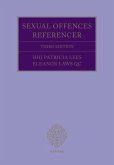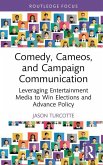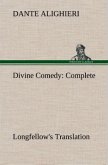In a series of controversial essays, this book examines the Roman penchant for denigration, and in particular self-denigration, at the expense of Roman culture. Comedy in Republican Rome radically transformed both itself and the culture from which it sprang: in Poenulus, Plautus laughed at Roman depreciation of Carthage; in Adelphoe, Terence turned on his audience in provocation. The comic Roman poets played with self-mockery: in Eclogue III, Virgil tests his audience's security in judging peasant unpleasantness; in Odes III.22, Horace sends up his own pious rusticity down on the farm. In the second half of the book, Roman verse satire is the subject: the genre of male bragging mocks its own masculine aggression. The great Latin satirists make fun of making fun: Horace, Satires I.9, shows up the politics of humour, unmanned by his own good manners; Persius nails his own weaknesses in fortifying himself against the world; Juvenal, Satire R1, loathes the literary scene he bids to dominate. The book shows a vital ingredient of Roman poetry to be an energetic surge of urbane banter directed towards Roman culure.
Hinweis: Dieser Artikel kann nur an eine deutsche Lieferadresse ausgeliefert werden.
Hinweis: Dieser Artikel kann nur an eine deutsche Lieferadresse ausgeliefert werden.








